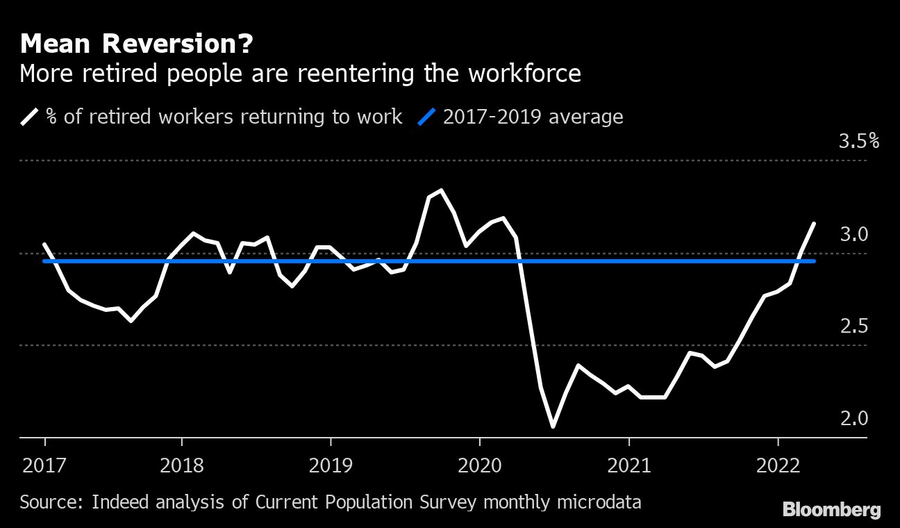

Millennials took one look at their financial future and, early on, realized it was bleak.
The YOLO generation started saving for retirement — stuffing away money in 401(k)-type accounts — nine years earlier than their baby boomer parents did, according to a new study.
Charles Schwab Corp.’s Retirement Reimagined study points to the lack of pension plans, through which companies would take care of workers through their retirement, as one factor pushing millennials to start saving for retirement on their own.

Millennials, worse off financially than their parents in many ways, also are less likely to own homes, a source in itself of retirement funding for boomers.
Despite their efforts to put money aside early, many millennials worry that they won't actually be able to retire, and their view of what retirement means is also much different than boomers’.
“Millennial retirees will spend 24% less time on financial matters than boomers, using their savings to pursue their desired lifestyle and passions,” according to the report, which surveyed 5,000 Americans and used predictive analytics to anticipate retirement outcomes and attitudes by generation.
Recently, millennials say they’ve taken a pause in putting money aside. Nearly half of 18- to 35-year-olds are waiting “until things return to normal,” according to a survey earlier this year by Fidelity Investments.
Many younger workers likely are saving earlier for retirement than boomers simply by virtue of being auto-enrolled into their company’s 401(k) plan rather than having to opt into such plans, as boomers had to. More workplace retirement plans are also adding auto-escalation clauses, where participants’ contributions as a percentage of their pretax paychecks are automatically bumped up 1% a year.
Schwab’s study predicts that millennial retirees will be more than 150% more likely to invest in crypto and digital investments in retirement than boomers. That jibes with a finding in an Investopedia financial literacy study released earlier this month. That survey of 4,000 Americans found that 28% of millennials plan on using crypto to support themselves financially in retirement.
“The good news is that millennials have more time before they retire to take risk,” said Rob Williams, managing director of financial planning, retirement income and wealth management at Charles Schwab Corp. “But over time retirement success comes from tried-and-true things like diversification, having ownership in the growth of the U.S. and global economy through traditional stocks — things that have cash flows and generate growth — and right now crypto doesn’t qualify as having that.”

By listening for what truly matters and where clients want to make a difference, advisors can avoid politics and help build more personal strategies.

JPMorgan and RBC have also welcomed ex-UBS advisors in Texas, while Steward Partners and SpirePoint make new additions in the Sun Belt.

Counsel representing Lisa Cook argued the president's pattern of publicly blasting the Fed calls the foundation for her firing into question.

The two firms violated the Advisers Act and Reg BI by making misleading statements and failing to disclose conflicts to retail and retirement plan investors, according to the regulator.

Elsewhere, two breakaway teams from Morgan Stanley and Merrill unite to form a $2 billion RIA, while a Texas-based independent merges with a Bay Area advisory practice.
Orion's Tom Wilson on delivering coordinated, high-touch service in a world where returns alone no longer set you apart.
Barely a decade old, registered index-linked annuities have quickly surged in popularity, thanks to their unique blend of protection and growth potential—an appealing option for investors looking to chart a steadier course through today's choppy market waters, says Myles Lambert, Brighthouse Financial.
